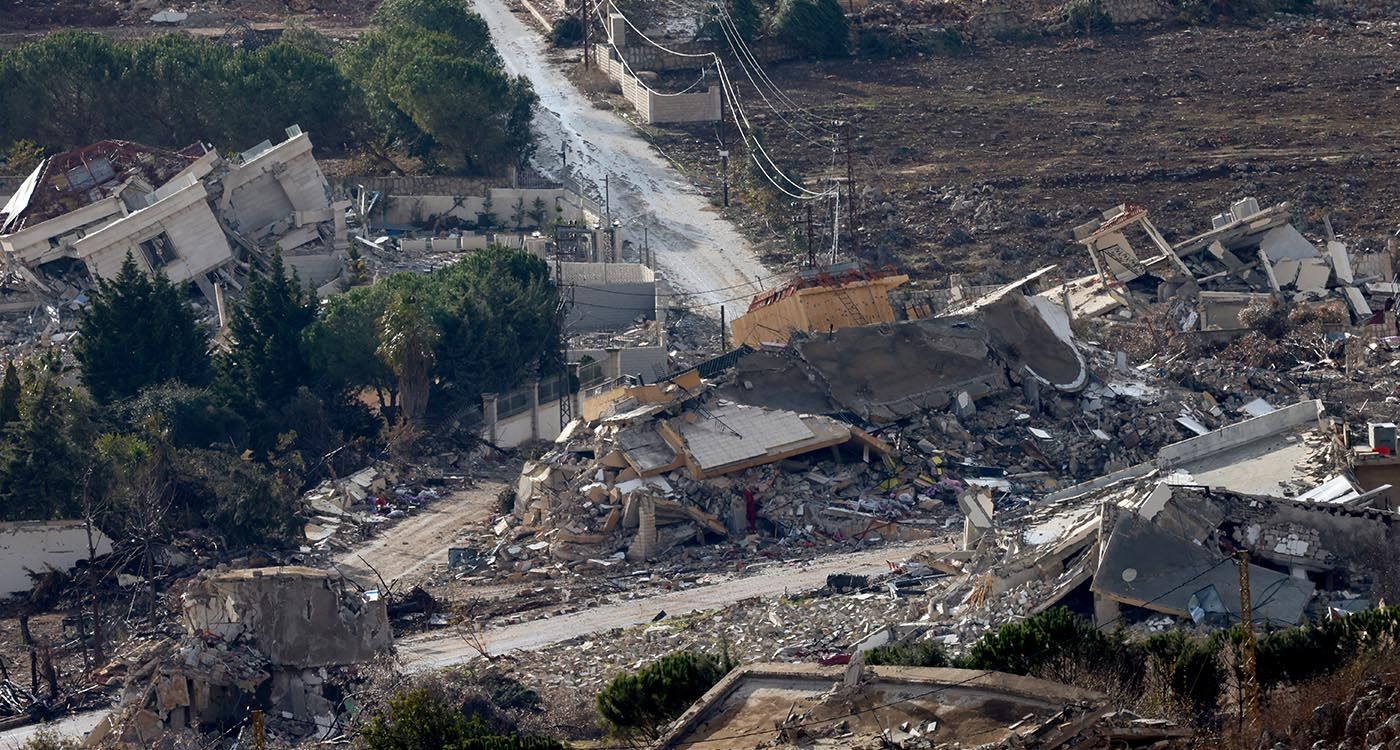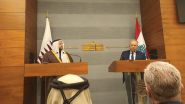
Amid escalating regional tensions, southern Lebanon finds itself wedged between foreign pressures and domestic divisions. Could the ongoing political shifts present an opportunity to restore full Lebanese sovereignty over the South? And how can the Lebanese state rise to this challenge, strengthen its sovereignty and prevent its territory from being used to advance external interests?
Since the signing of the Cairo Agreement in 1969, southern Lebanon has been a focal point of both domestic and regional power struggles, significantly undermining national sovereignty. The agreement, which granted the Palestine Liberation Organization (PLO) freedom of operation in the South, marked the start of the area’s transformation into a battleground for regional and international conflicts, weakening the Lebanese state’s ability to assert its full authority.
Melhem Riachi: Neutrality as a Path to Sovereignty
MP Melhem Riachi, member of the Strong Republic Bloc, highlights the main challenge to Lebanon’s sovereignty in the South, noting that current regional shifts present a critical opportunity for the Lebanese Army to take a more effective role in bolstering security and stability. He firmly asserts, however, that restoring sovereignty is not merely a military matter but a strategic political issue, contingent on Lebanon adopting “active neutrality” rather than passive neutrality. This, he argues, would decisively position the country outside the cycle of regional and international conflicts. For Riachi, such neutrality is the cornerstone for preserving Lebanon’s role and mission, ensuring its sovereignty and stability.
Furthermore, Riachi asserts that the only path to securing sovereignty is through the full and immediate implementation of relevant international resolutions. He hopes this could alleviate the burden of the systematic and deliberate destruction plaguing Lebanon, while voicing regret over the country’s dire state of affairs.
Elie Ferzli: A Vision for Lebanon and Resistance
Commenting on Lebanon's sovereignty and regional interventions, former Deputy Speaker of Parliament Elie Ferzli reflected on the country’s history in the 1960s, when Palestinian resistance movements emerged and began using the country as a springboard to attack Israel. Ferzli argued that early warnings have been issued about the risks of entangling Lebanon in an unequal military conflict with Israel, in addition to the international power dynamics that have historically — and continue to — favor the Israeli state.
Ferzli argued that Lebanon could have limited its role to diplomatic, logistical and organizational support for the Palestinian cause, avoiding direct confrontation with Israel. However, various factors, including the position of certain Lebanese factions opposing Israel and their conviction in confronting what they called the "alien entity" and its ambitions for a "Greater Israel," propelled Lebanon into becoming a stage for international and regional conflicts. Ferzli stressed that had those warnings been heeded, Lebanon might have averted many of the crises it endures today.
He argues that the key challenge for the Lebanese people is to free Lebanon from the cycle of continuous targeting and prevent it from serving as a stage for regional and international power struggles.
Ferzli further explained to This is Beirut that the Lebanese people aspire to reach a stage where they are no longer reactive, and Lebanon ceases to be a battleground for regional conflicts. He acknowledges that the current crisis has set Lebanon on this path but remains confident that, with clear thinking and wise management of internal challenges, effective action is still possible. If the Lebanese can foster genuine, deep relationships among themselves and devise a strategy to prevent external interference, the country’s strength will lie in true national unity — not merely symbolic unity — to shield it from any threats. He concludes, “I believe this goal is achievable. At the same time, I believe that defining the relationship between Lebanon and the concept of resistance is the right path forward. This is crucial to developing a defense strategy where the state’s decisions are the decisive ones on the ground, earning the consensus of all Lebanese without exception.”
Indeed, Lebanon's stability can only be achieved through its full commitment to implementing international resolutions, which provide the legal framework necessary to restore its sovereignty and ensure its security. Resolutions 1559 and 1701, which call for the disarmament of non-state actors and the consolidation of weapons under state control, are essential for reaffirming Lebanon's position as a sovereign state capable of protecting its citizens and establishing robust, lasting relationships with the international community.
Additionally, strengthening ties with Arab countries is vital for Lebanon’s future. These relationships offer strategic, economic and social benefits that support its stability and prosperity. Lebanon must focus on rebuilding trust with its Arab neighbors, free from external interventions or regional alliances that could place it at odds with its natural environment.



Comments